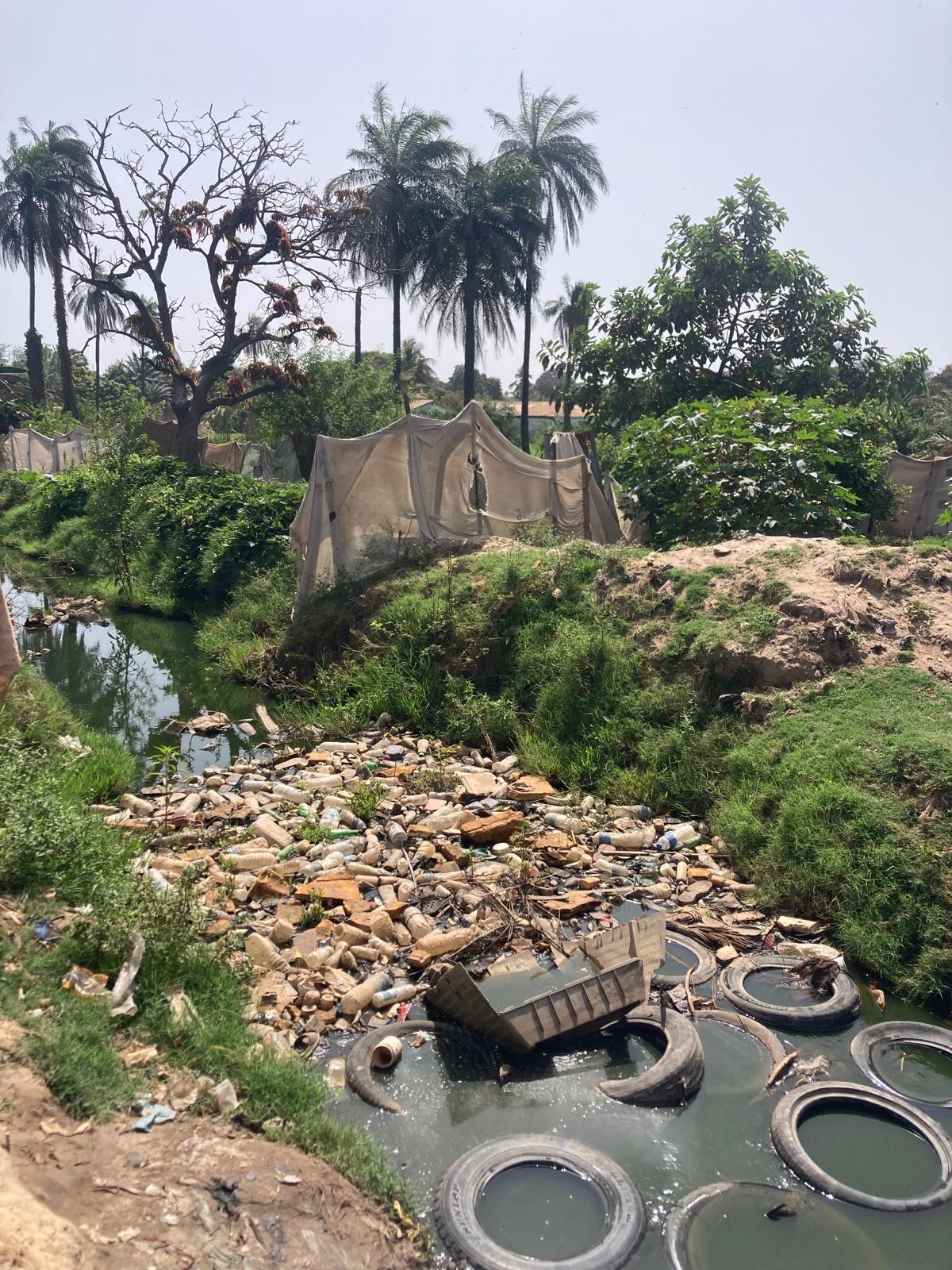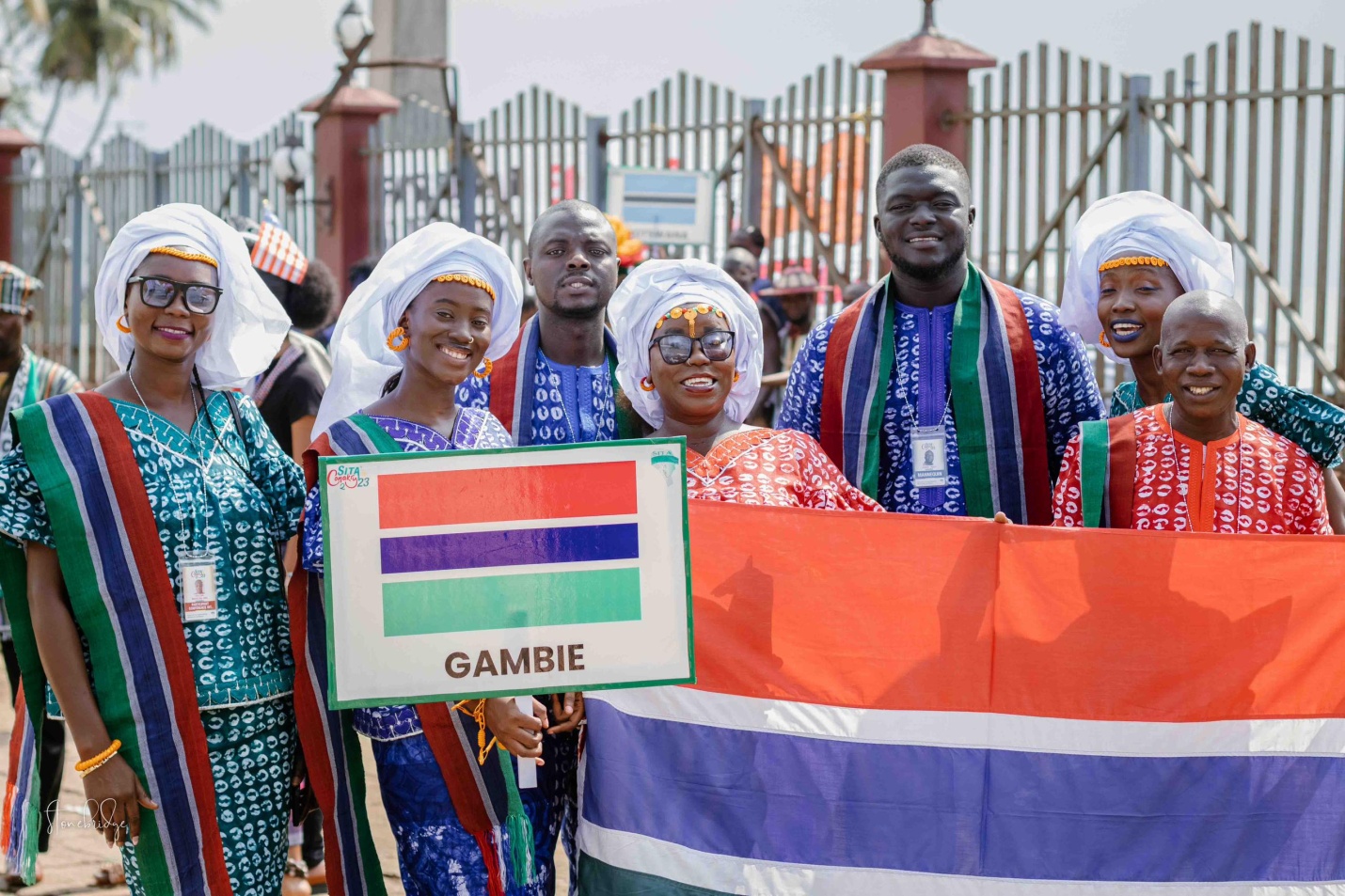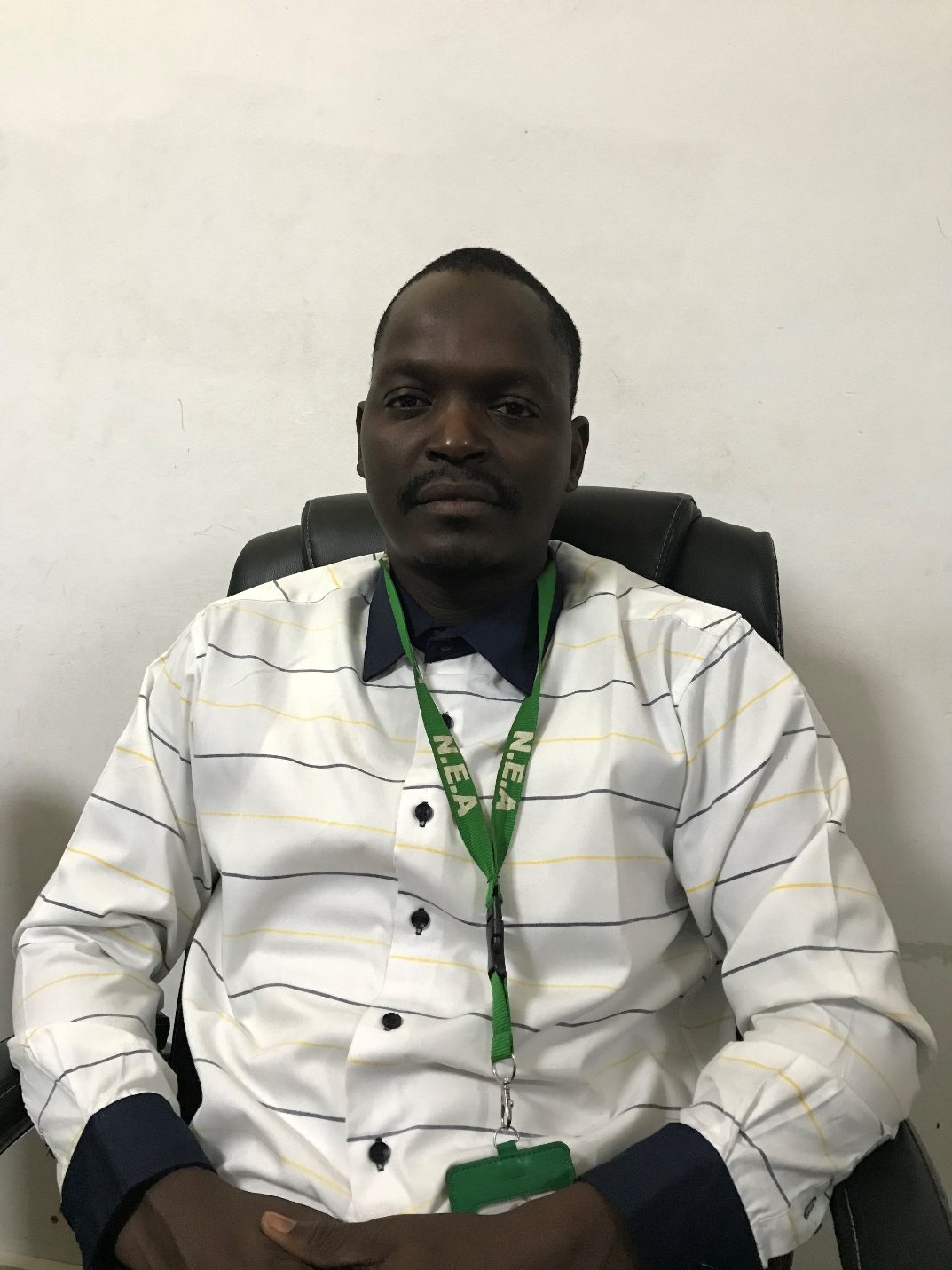By:Nyima Sillah
The Gambia has launched Climate Migration Project targeting rural communities vulnerable to climate-related displacement, in an event that took place in Senegambia Beach Hotel on Wednesday.
The initiative, led by the International Organization for Migration (IOM) in collaboration with the Ministry of Environment and Ministry of Trade aims to strengthen community resilience and reduce forced migration.
The objective of the project is to build the capacity of rural communities to develop and implement effective adaptation strategies in response to the impacts of climate change induced migration.
In her opening statement, Sukai B. Cham, National Programme Officer at IOM The Gambia, highlighted the urgency of addressing climate-induced mobility. “This launch marks a milestone in our collective effort to confront one of the most pressing global challenges, climate change and its growing impact on human mobility.”
She stressed that the 24-month project will focus on three climate-vulnerable regions, working with communities to develop inclusive, gender-sensitive adaptation frameworks and sustainable livelihood strategies. She further indicated that the initiative would support: youth, women, and persons with disabilities in building climate resilience and accessing clean job opportunities.
“This is about empowering communities to stay or migrate safely and voluntarily. Our approach is rooted in community engagement, inclusive governance, and evidence-based planning,” she emphasized.
Cham pointed out that the project aligns with The Gambia’s National Migration Policy (2020–2030), the Green Recovery-Focused NDP (2023–2027), and the Long-Term Climate-Neutral Development Strategy (2050), while contributing to the UN Sustainable Development Goals.
For his part, Faba Jammeh, Director of Employment at the Ministry of Trade, Industry, Regional Integration and Employment, welcomed the initiative, citing the close link between migration, environmental degradation, and employment.
“Migration is driven by many factors, and environmental change is among the most overlooked. This project offers meaningful solutions for rural livelihoods while addressing long-term environmental impact,” said Jammeh.
Jammeh stressed the importance of offering alternative livelihoods that reduce environmental harm, noting that to change harmful practices people must be provided with better options.
Another speaker, Mariama Ndow Jarju, Director of the Central Project Coordination Unit at the Ministry of Environment, Climate Change and Natural Resources, described the project as a timely response to both national and international climate commitments.
“This is just the beginning. We urge all institutions to take ownership. Together, let’s reduce migration by improving lives and livelihoods across The Gambia,” she stated.





